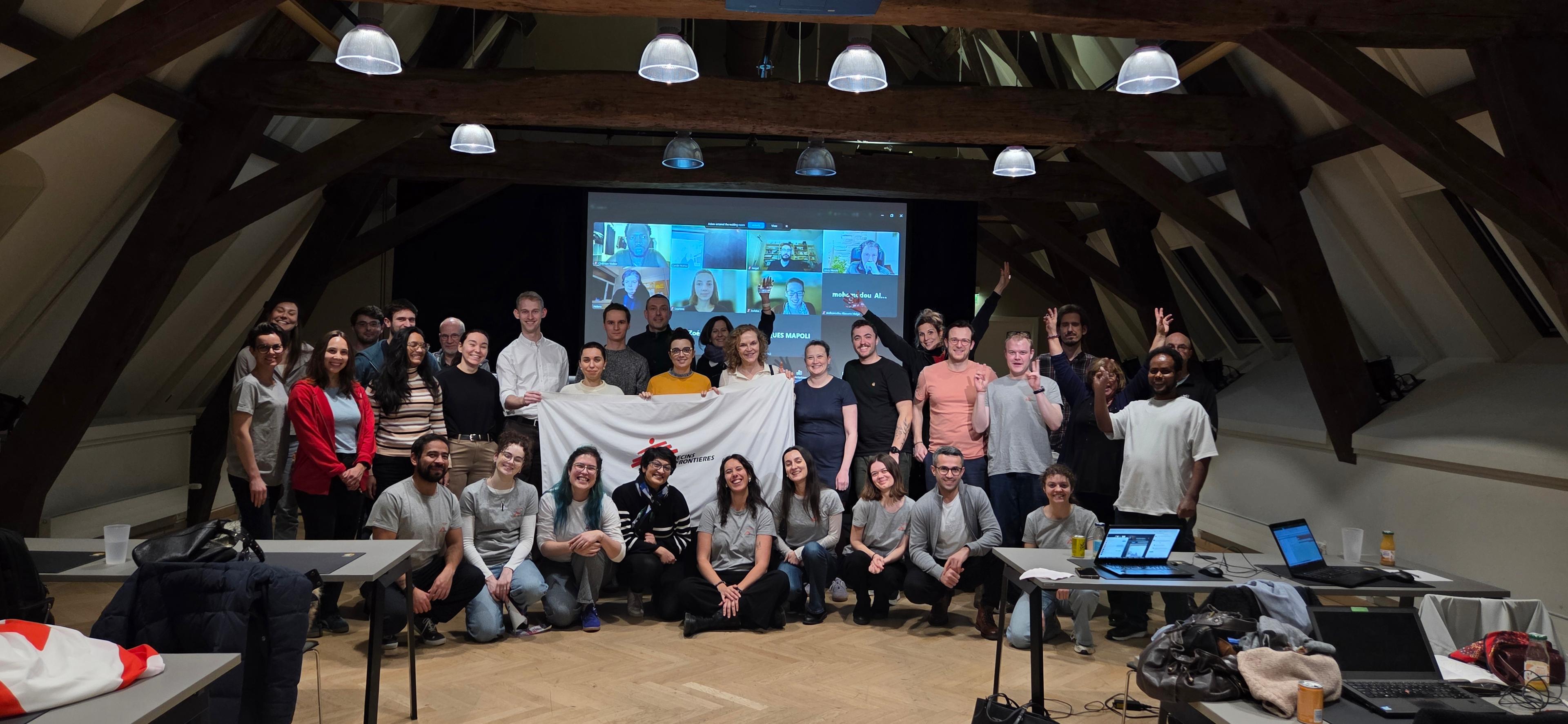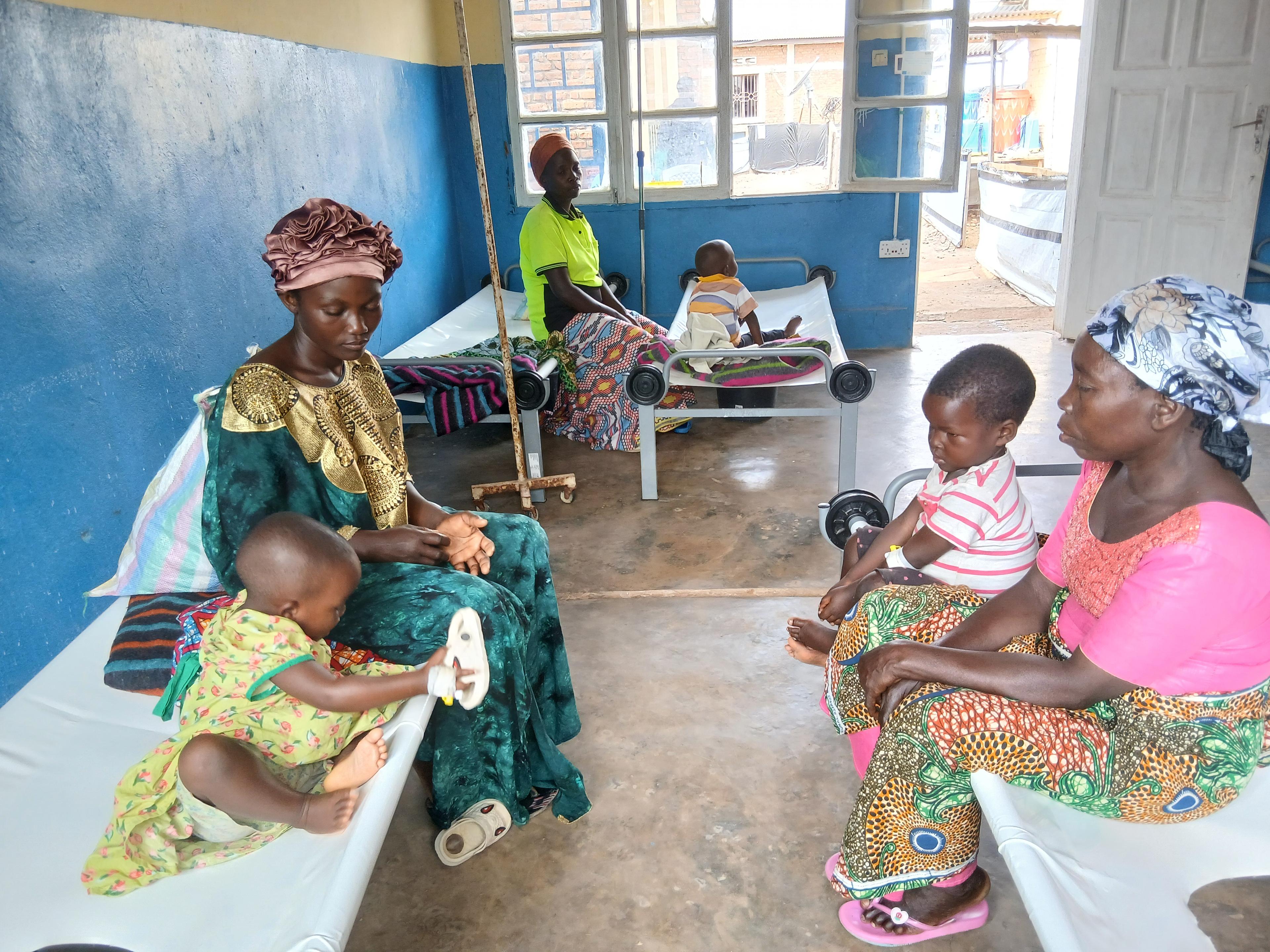Luxembourg War in Middle East
War in Middle East
 Ukraine Emergency Response
Ukraine Emergency Response War in Sudan
War in Sudan

February 2026 Mapathon: your clicks made a difference for our teams!
Our Mapathon brought together around forty people at Neimënster and around twenty people online to map roads in the Bamyan province of Afghanistan and buildings in the Ouaddai region of Chad.

South Sudan: 26 MSF staff missing after violence in Lankien and Pieri
Médecins Sans Frontières (MSF) is deeply concerned for the safety and well-being of its staff following the recent escalation of violence in Lankien and Pieri, Jonglei State.

Syria: After years of detention, former Al Hol residents face uncertain future
MSF is concerned about the abrupt and chaotic closure of the Al-Hol camp by the Syrian government on February 22. This chaos exposes thousands of children and sick people to increased risks to their protection and restricted access to healthcare.

Paul Yon appointed new General Director of Médecins Sans Frontières Luxembourg
Paul Yon has been appointed General Director of Médecins Sans Frontières (MSF) Luxembourg. Mr. Yon took up his position at the head of MSF Luxembourg’s executive team on March 1, 2026.

Huge influx of aid urgently needed amid catastrophic conditions in Gaza
Despite the 1 March 2026 deadline for 37 NGOs to leave the Occupied Palestinian Territory, MSF is committed to remaining to provide assistance

What’s Left After the Flames: Four Years of Full-Scale War in Ukraine
Four years after the Russian invasion, the escalation of a conflict that began in 2014 has devastated everything: thousands dead and cities in ruins. Discover the story of lives shattered beneath the rubble, where survival means never being able to return.

Sudan: Repeated drone strikes hit civilian areas, MSF treats around 170 people in two weeks
Drone attacks carried out by the Sudanese Armed Forces and Rapid Support Forces are hitting civilian areas and critical infrastructure, including schools, markets, health centers and water points.

South Kivu: MSF responds to worst cholera epidemic in Sangé in five years
After 8 weeks of emergency intervention by Doctors Without Borders in Sangé, in the province of South Kivu, in the east of the Democratic Republic of Congo, the number of cholera patients has decreased by 90%.
How Youth Participation Is Strengthening Adolescent-Friendly Care in Mbare
In Zimbabwe, adolescents often face stigma, fear of judgment, lack of privacy and scarcity of suitable spaces, which discourages them from accessing sexual and reproductive health services.